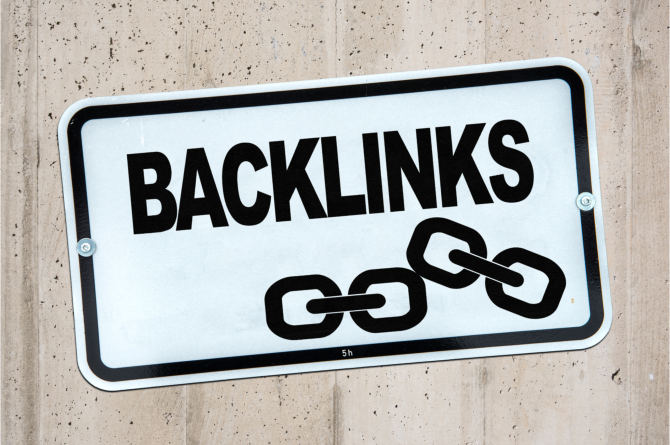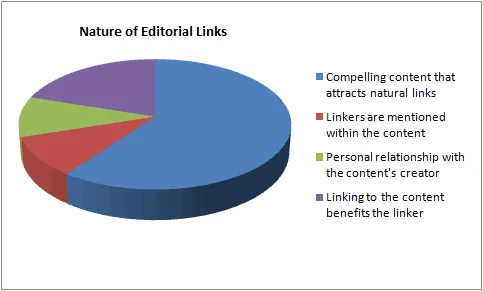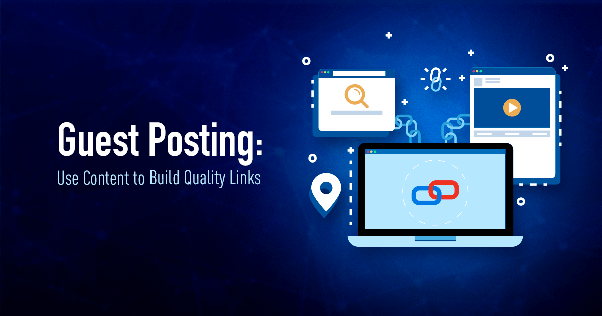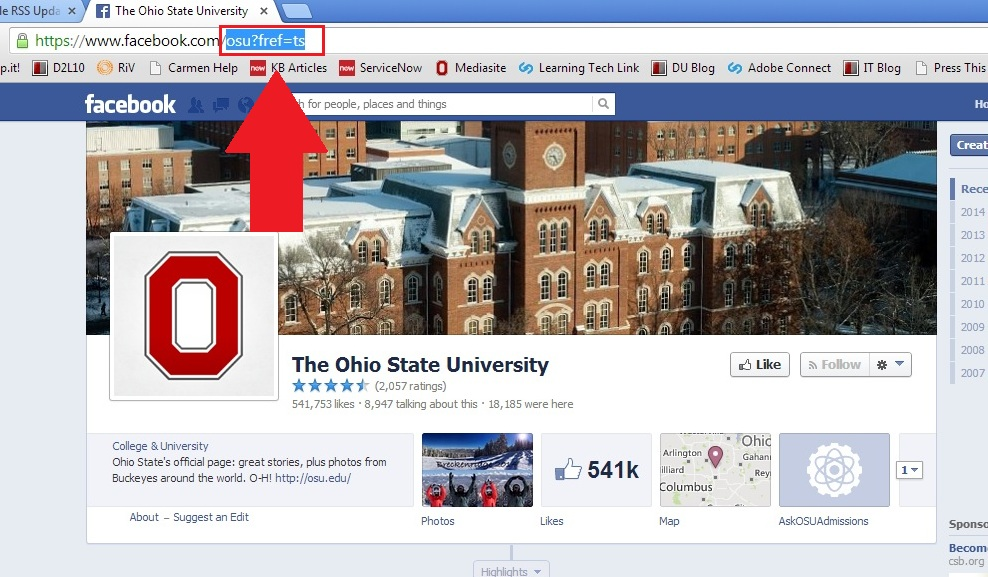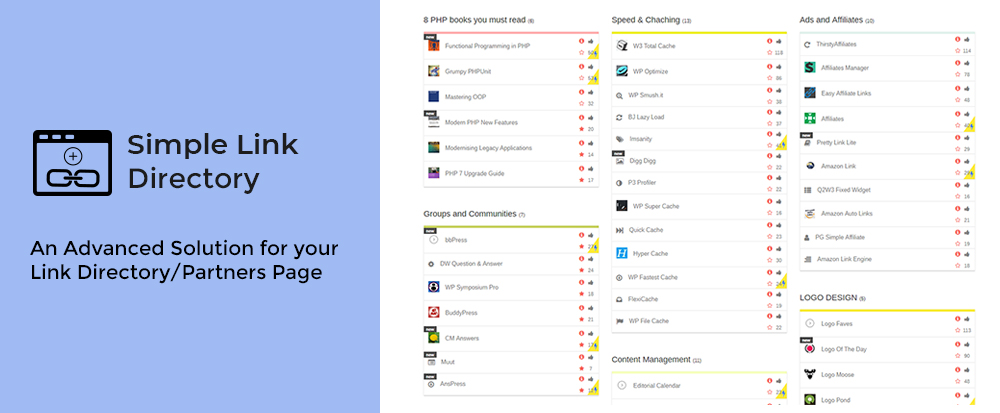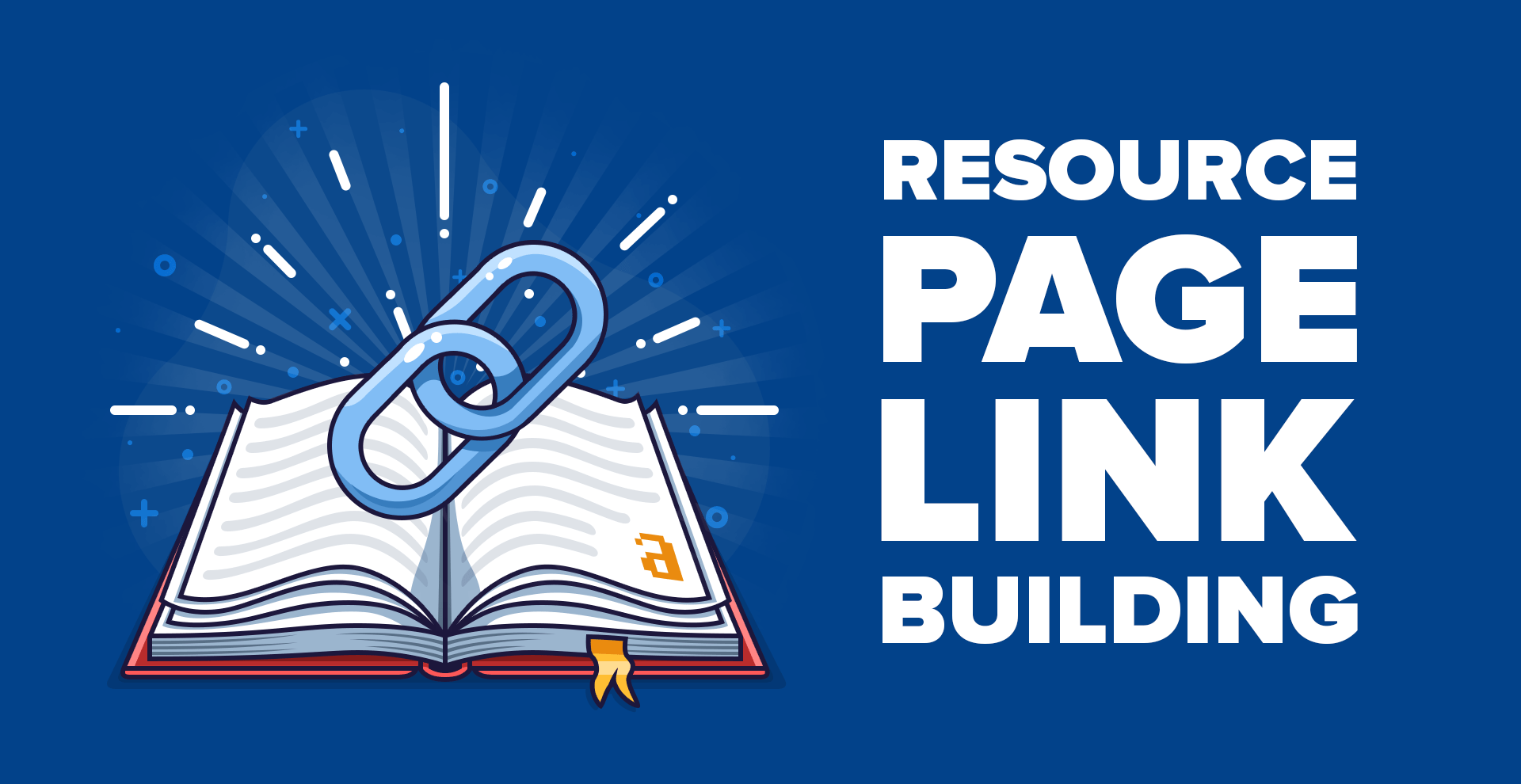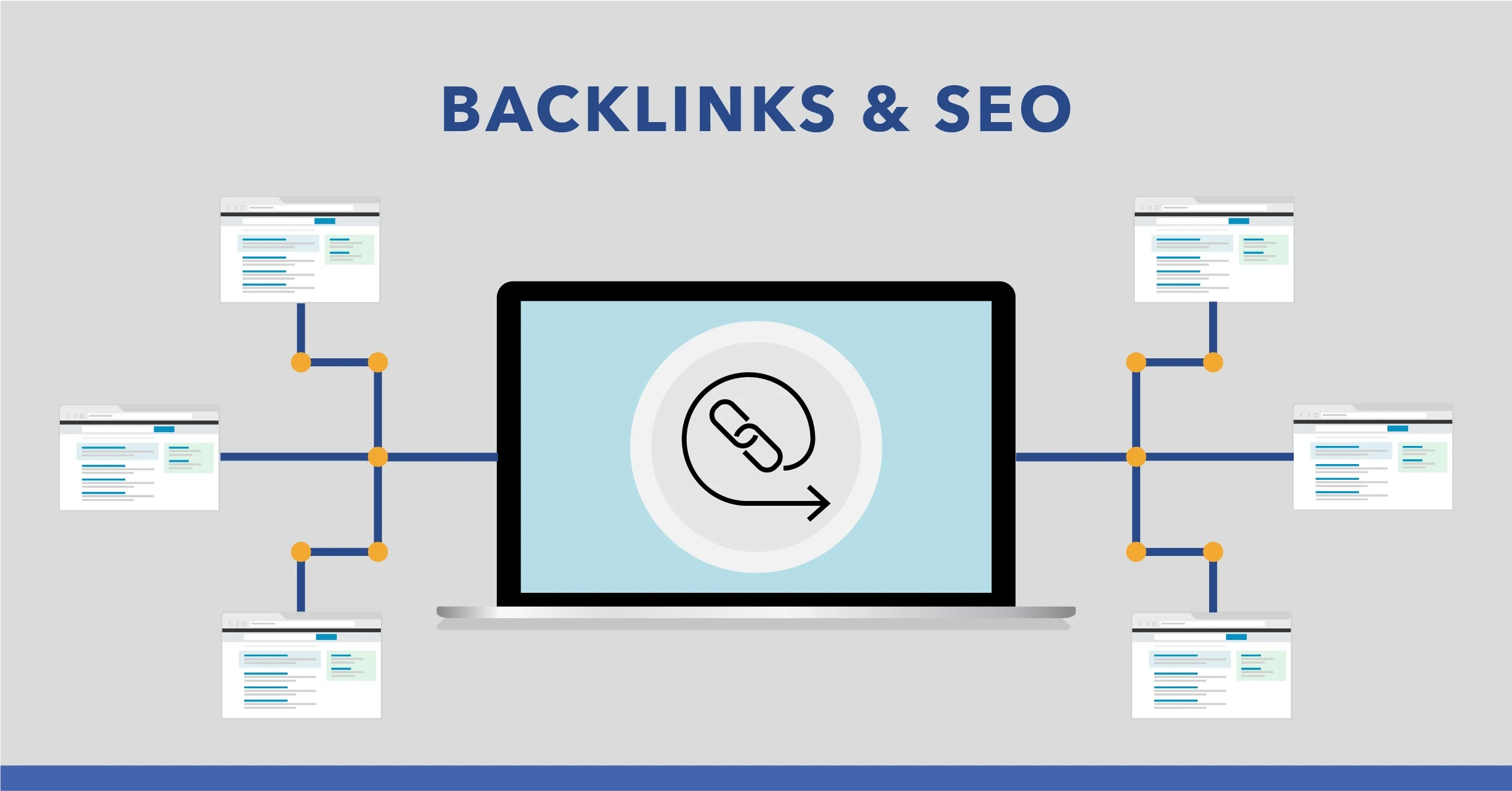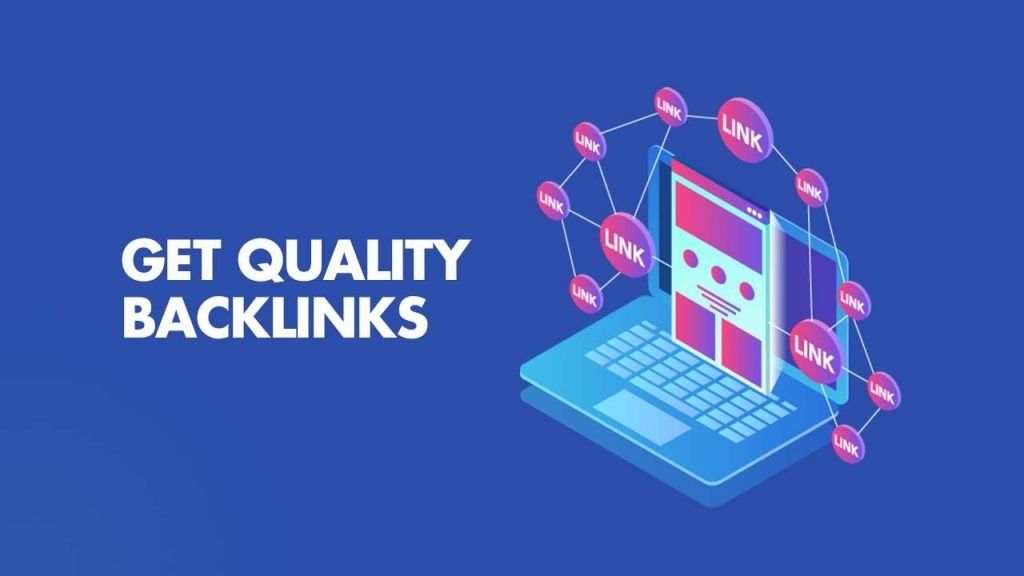What are Backlinks?
Backlinks, also known as inbound links or incoming links, are crucial elements in Search Engine Optimization (SEO). A backlink is a hyperlink that connects one website to another. When a website links to another site, it is essentially vouching for the content and credibility of that destination. Search engines, such as Google, consider backlinks as votes of confidence, indicating that the linked content is valuable and relevant.
The Role of Backlinks in SEO
In SEO, backlinks play a significant role in determining a website’s authority, relevance, and trustworthiness. Search engines view backlinks as a measure of a website’s popularity and importance within its niche. The more high-quality backlinks a website has from authoritative sources, the higher its chances of ranking well in search engine results. Backlinks act as a signal for search engines to assess a website’s quality and authority, which directly influences its search ranking.
Different Types of Backlinks
Natural Editorial Links
Natural editorial links are the most desirable type of backlinks from an SEO perspective. These links are earned organically when other websites, blogs, or online publications find your content valuable and link to it as a resource or reference. These links are usually unbiased and come from trusted and authoritative sources, which can significantly boost your website’s credibility and search engine ranking.
Guest Posting Links
Guest posting is a popular strategy for acquiring backlinks. In this method, you write valuable content as a guest author for another website within your niche. The host website allows you to include a link back to your site in the author bio or within the content itself. When done correctly, guest posting can drive relevant traffic to your site and improve your SEO standing.
Forum Signature Links
Forum signature links are created when you participate in online forums and include a link to your website in your forum signature. While these links can be easy to build, their SEO impact is often limited. It’s essential to participate genuinely in discussions and contribute value to the community to avoid being seen as spam.
Social Media Profile Links
Social media platforms allow you to include a link to your website in your profile or bio section. While these links may not directly influence search rankings, they can drive traffic to your site and enhance your online presence.
Directory Links
Directory links are obtained by submitting your website to online directories or listing platforms. While some directories can offer valuable, industry-specific traffic, many low-quality directories can be considered spam by search engines and should be avoided.
Comment Links
Comment links are acquired by leaving a link to your website in the comments section of blog posts or articles. These links are often considered low-quality and can be subject to spam detection algorithms.
Resource Links
Resource links are earned when other websites link to your website as a valuable resource for specific information, tools, or data. These links can have a positive impact on your SEO, as they indicate that your content is highly relevant and helpful to users.
Need help with your SEO strategies? Contact Us.
Benefits of Backlinks in Marketing
Backlinks, often referred to as “inbound links” or “incoming links,” are created when one website links to another. They play a vital role in search engine optimization (SEO) and online marketing. Here are the benefits of backlinks in marketing:
- Improved Organic Search Engine Rankings: Search engines, especially Google, view backlinks as votes for a webpage. High-quality, relevant backlinks can help a page rank higher in search engine results pages (SERPs).
- Faster Indexing: For new websites, backlinks help search engine bots discover, crawl, and index the site faster, leading to quicker visibility on search engines.
- Referral Traffic: Backlinks can send direct traffic to your site. Users who click on links are generally interested in the content they expect to find, which can lead to a lower bounce rate.
- Increased Credibility and Authority: Links from reputable sites can enhance the credibility and authority of your site. This can increase trust among visitors and potential customers.
- Brand Awareness: When your website gets a backlink from a popular site, it can lead to increased exposure and awareness for your brand.
- Relationship Building: Reaching out for backlinks often requires networking with other businesses or bloggers in your niche. This can lead to long-term relationships that are beneficial beyond just link building.
- Competitive Edge: By analyzing the backlink profile of your competitors, you can get insights into their marketing strategies and find opportunities to leapfrog them in SERPs.
- Diversification of Traffic Sources: Relying solely on organic search can be risky. Backlinks provide an additional source of traffic, reducing your dependence on one channel.
- Enhanced Trustworthiness: When well-known websites link back to your site, it acts as an endorsement. Visitors often see this as a sign that your content is trustworthy and of high quality.
- Feedback and Reviews: Backlinks from review sites or blogs discussing your products can provide direct feedback, allowing you to improve your products or services.
- Increased Sales and Revenue: Ultimately, increased visibility, credibility, and targeted referral traffic can lead to higher conversion rates and more sales.
- Long-term Resource: Unlike some marketing tactics that require ongoing effort and investment, a quality backlink can continue to provide value over time without additional input.
The Influence of Backlinks on Your Website’s SEO
Authority and Trust
Backlinks from authoritative and trustworthy websites signal to search engines that your website is also trustworthy and authoritative. This can result in higher rankings and improved visibility in search engine results.
Search Engine Ranking
Backlinks are one of the most crucial factors in search engine ranking algorithms. Websites with a strong backlink profile tend to rank higher in search results for relevant keywords.
Organic Traffic
High-quality backlinks can drive organic traffic to your website. When users find links to your content on other reputable websites, they are more likely to visit your site to explore further.
Domain and Page Authority
Backlinks contribute to a website’s domain authority (overall website credibility) and page authority (credibility of a specific page). Websites with higher authority are more likely to rank well in search results.
Website Reputation
Having quality backlinks from reputable sources can enhance your website’s reputation in your industry or niche. Positive associations with other authoritative websites can improve users’ perception of your brand and content.
Best Practices for Building Quality Backlinks
Creating High-Quality Content
Producing valuable and shareable content is the foundation for attracting natural editorial links. Content that educates, informs, or entertains is more likely to be linked to and shared by others.
Outreach and Relationship Building
Engage in outreach to connect with other website owners, bloggers, and influencers within your niche. Building relationships can lead to guest posting opportunities and natural backlinks.
Utilizing Social Media Platforms
Share your content on social media platforms to increase its visibility and reach. When others discover and find value in your content, they may link to it from their websites or blogs.
Leveraging Guest Posting Opportunities
Identify relevant and reputable websites that accept guest posts. Craft high-quality guest posts that provide value to the audience and include relevant links back to your site.
Avoiding Black Hat Practices
Avoid tactics such as buying backlinks, participating in link schemes, or spamming comment sections. These black hat practices can lead to penalties from search engines and harm your SEO efforts.
Conclusion
Backlinks are essential for improving your website’s SEO. They act as votes of confidence, indicating your website’s credibility and relevance. Different types of backlinks have varying degrees of impact on SEO. Natural editorial links are highly valuable, while low-quality links may have little to no positive influence. Building quality backlinks requires creating valuable content, engaging in relationship-building, and avoiding unethical practices. By understanding the influence of backlinks and following best practices, you can enhance your website’s authority, ranking, organic traffic, and reputation within your industry.
However, implementing a successful backlink strategy can be complex and time-consuming. That’s where Ubique Digital Solutions comes in. Our team of SEO specialists is dedicated to crafting tailored backlink strategies that suit your unique business needs, employing white-hat techniques that bring genuine, lasting results. With our expertise, your website can rise through the search engine ranks, garnering more visibility and leading to increased business growth. Don’t leave your SEO to chance. Contact us today.
FAQs
Q: What are backlinks, and why are they important for SEO?
Backlinks, also known as inbound links, are hyperlinks that connect one website to another. They are crucial for SEO because search engines use them as a measure of a website’s popularity, authority, and relevance within its niche. Websites with high-quality backlinks from authoritative sources are more likely to rank well in search engine results.
Q: How do different types of backlinks impact my website’s SEO?
Different types of backlinks have varying degrees of influence on SEO. Natural editorial links from reputable sources carry the most weight and positively impact your website’s credibility. Guest posting links, when done right, can drive traffic and enhance your site’s SEO. However, low-quality links, such as comment links and certain directory links, may have limited or even negative effects on SEO.
Q: Are all backlinks equally valuable for SEO?
No, not all backlinks are equally valuable. High-quality, relevant, and authoritative backlinks have a more significant impact on SEO compared to low-quality or spammy backlinks. Focus on acquiring natural editorial links and guest posting opportunities to improve your SEO.
Q: How can I build high-quality backlinks for my website?
To build high-quality backlinks, create valuable and shareable content, engage in outreach and relationship-building with other websites in your niche, and leverage guest posting opportunities on reputable sites. Avoid black hat practices, such as buying links or participating in link schemes, as they can harm your SEO efforts.
Q: What are some common mistakes to avoid while acquiring backlinks?
Some common mistakes to avoid include focusing solely on quantity over quality, engaging in link schemes or buying backlinks, spamming comment sections, and using irrelevant or low-quality directories. Instead, prioritize building natural, valuable, and relevant backlinks from authoritative sources to enhance your website’s SEO.

